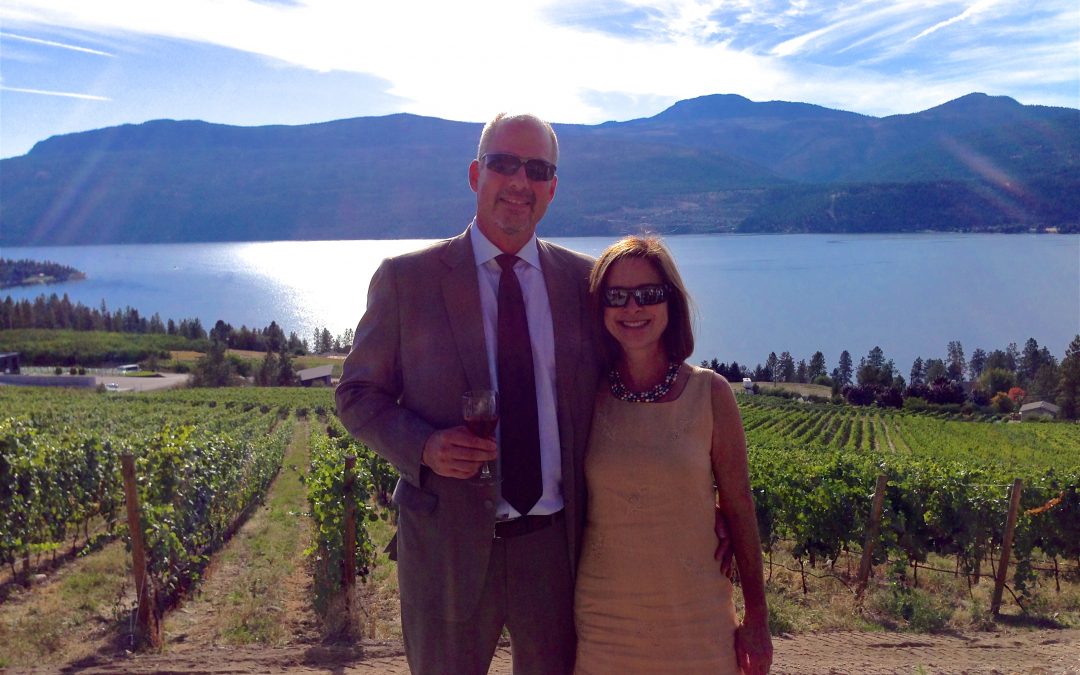
Are You Making Conscious Choices?
What is conscious choice?
Sen defines it as “when you are making choices with the full understanding of reality, from a place of inner freedom, rather than making choices from a place of delusion/ignorance or fear-based motivations.”[1]
Brady views conscious choice as (making) “choices that are conscious, free from knee-jerk reactivity, and (being) mindful of the impact they have on (y)our own well-being, as well as the impact they have on others and the larger environment. “ [2]
What do our lives look and feel like when we don’t make conscious choices?
We make choices based on what we think someone in our position should make, or based on wanting to belong to a particular group, and thinking there is a particular way we need to speak and act to be accepted by that group.
We study and become; for example, a physician, because that’s what our parents want us to be; instead of following our heart and studying something we are passionate about.
We get into relationships based on the type of partner we’ve been socialized to choose, or to satisfy a need we have. For example, believing that we need to marry someone who will provide us with financial security above all else, or becoming a rescuer and getting involved with needy people to help them, rather than choosing a true partner who will support us to learn and grow in positive ways, and us them.
We respond to family members, friends or colleagues reactively based on previous conditioning or fears that we have. We jump to conclusions, become angry and lose control saying and doing things we later regret. This distances us from people and makes us feel alone and misunderstood.
Making unconscious choices can cause a lot of unhappiness, conflict, stress, disengagement, lack of fulfillment, and negatively impacts our relationships, careers and our health. When we don’t make conscious choices, we aren’t being true to ourselves.
So how can we learn to make more conscious choices? It’s a process and a journey that requires commitment and a desire to learn and grow. The first step is learning to become more self-aware.
Proven Strategies to Increase Self-Awareness:
- Spend time on your own walking in nature, swimming, kayaking… and notice what you notice. Is your mind constantly active? What do you think about? Notice how you feel while in nature and while being physically active. Journal about your thoughts and feelings.
- Become aware of your emotions. Start noticing how you react to certain people and situations, and get curious around why that is. Is it due to past experiences? Does that person remind you of someone in your past who treated you badly? Does that person’s behavior make you feel unsafe?
- Clarify your values (refer to http://creativelivingcommunity.com/do-you-live-in-alignment-with-your-core-values/), and live your life in alignment with them
- Work with a coach
- Participate in personal growth workshops and/or group coaching programs
- Study and practice mindfulness. A good place to start is doing mindfulness walking meditations. [3]
What happens when you become self-aware and get in touch with your core values, passions, and who you really are? You are able to make conscious choices; ones that are aligned with your values, needs and passions, and that lead to connection, good health, happiness, fulfillment, and inner calm; instead of conflict, disengagement, stress, compromised health, unhappiness and lack of fulfillment. Which would you rather have in your life?
I invite you to try some of the strategies listed above and notice how they impact your life and your decision-making. I’d love to hear your strategies for becoming more self-aware and how you make conscious decisions. Share your comments below and feel free to share this post with others.
[1] Sen, Conscious Choice – http://www.calmdownmind.com/conscious-choice/ – posted on November 12, 2012
[2] Brady, Reaction Management: How to Make Conscious Choices – http://www.chopra.com/articles/reaction-management-how-to-make-conscious-choices
[3] A tool from Easter psychology that I have found extremely useful for getting “out of my head” and into my body is Mindfulness Walking Meditation. Mindfulness practices focus on the senses and feeling sensations and emotions in our bodies. When we do a mindfulness walking meditation, we feel the ground beneath our feet, we feel the breeze against our face, we feel the cool air going from our nostrils down into our lungs. We smell the scent of salt or the aroma of lavender in the air and observe the scenery in front of us. We try to stay out of our minds and experience our senses. Rather than spend a walk in nature constantly thinking and processing all the things we have to do, instead we stay present and experience nature and all of its beautiful sights, smells, sounds and sensations.
